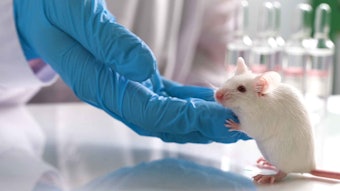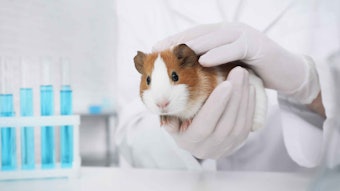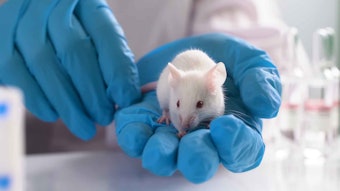Cosmetics Europe recently urged the industry to oppose the appointment of Tonio Borg as European Parliament's Health Commissioner. However, he gained backing with 386 votes in favor, 281 against and 28 abstentions, according to a Parliament announcement. His approval will be finalized in the coming days and he will then be able to take up his post.
Cosmetics Europe, formerly Colipa, released a statement on Nov. 14, 2012, urging the cosmetics industry to oppose then-prospective commissioner Borg, as "his approach regarding the Cosmetics Directive will jeopardize progress in animal welfare and undermine EU leadership in global animal welfare."
During a three-hour long hearing in the European Parliament, members questioned Borg on his positions for a number of issues. When asked whether he agreed that the March 2013 deadline for the marketing ban of animal-tested cosmetics should come into force without delays, Borg clearly stated that should he be appointed, he believes that the ban should come into place in March 2013.
According Cosmetics Europe, this commitment to conclude the introduction of the March 2013 ban without addressing the scientific reality or consumer needs is a great concern. Fabio Franchina, president of Cosmetics Europe, commented: “Our industry commitment to ending animal testing is solid and widely recognized, and we continue to invest heavily into finding viable alternatives."
Franchina continued, “[Borg's] sweeping statements threaten to remove that impetus and undermine the EU’s hard-won leadership in driving the development of alternatives to animal testing. Furthermore, it is completely incompatible with the EU’s existing Innovation 2020 strategy."
The industry's commitment to find animal-test alternatives was highlighted during the June 2012 Cosmetics Europe General Assembly, according to a recent Cosmetics & Toiletries report. Horst Wenck, PhD, chair of Cosmetics Europe's Strategic Project Team on Alternatives to Animal Testing, reported on the recent progress in R&D and validation.
For eye irritation, the validation study is completed and the data evaluation is in progress. Regarding genotoxicity, there are novel assays with drastically reduced false positive results and sufficient sensitivity. On skin sensitization, a comprehensive evaluation of hazard identification assays is in progress. And for systemic toxicity, the most difficult end-point, the Safety Evaluation Ultimately Replacing Animal Testing (SEURAT) program is now in its second year.
Whether such progress continues or stalls in the wake of Borg's appointment is yet to be seen.









![A 2019 petition to the House of Commons stated, 'We, the undersigned residents of Canada, draw the attention of the House of Commons ... [that] animal testing is unnecessary to prove the safety of cosmetic products.'](https://img.cosmeticsandtoiletries.com/files/base/allured/all/image/2023/01/animal_testing_ban_canada_dreamstime_m_215632720.63d313232306d.png?auto=format%2Ccompress&fit=crop&h=191&q=70&rect=0%2C73%2C1800%2C1013&w=340)
